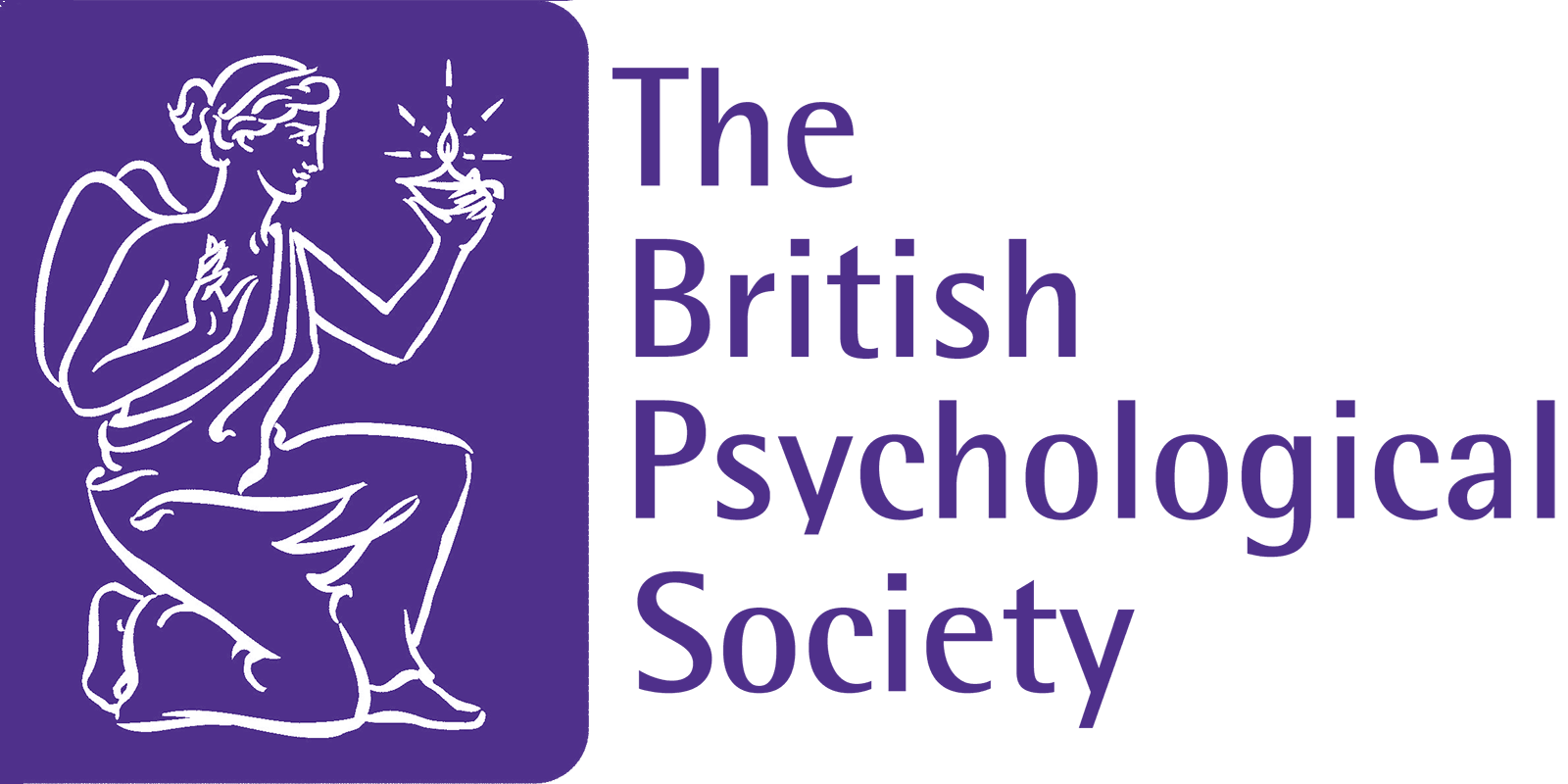The study, which was published by the British Journal of Developmental Psychology today, found that the individual bonds that children made in a pair affected the quality of children’s play, much more than their individual social skills or whether they were already friends.
Researchers, who recorded the free play sessions, were looking for examples of ‘connectedness’, measuring how six to seven year old children cooperated, shared ideas and took turns to speak when they were placed into pairs and given a Playmobile toy set to play with.
In the study the children had been measured based on their skills in tuning into others’ perspectives (theory of mind), understanding others’ emotions (emotion comprehension) and their language ability. Researchers also noted whether the children were already friends and whether they had chosen the pairing. But the study found that it was in fact the unique bond that children formed with their play partner more than those other factors which more affected their connectedness.
In the study the children mirrored or behaved more similarly to their play partners, and their communication also depended on their partner’s communication. When the researchers observed the children playing with multiple partners, they found that children connected very differently depending on the partner, suggesting that the connection with the play partner itself was vital to ‘successful’ play.

